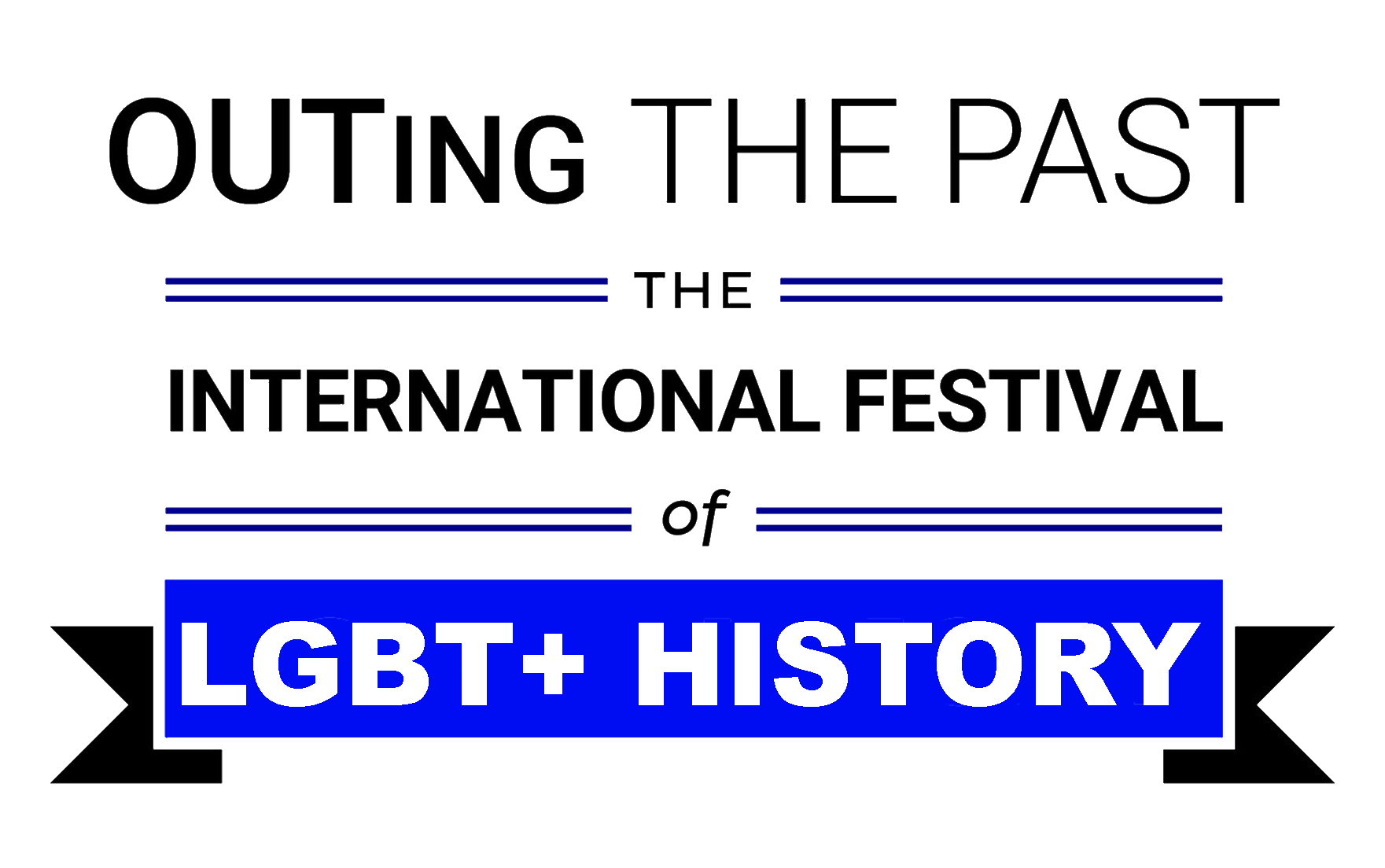OUTing The Past 2019 Festival Programme: London School of Economics
LSE OUTing the Past Hub Day Programme
Friday 1 February
LSE Library is delighted to be a hub with speakers offering a wealth of perspectives on early activists and to speak to aspects of our Hall-Carpenter Archive.
1950s Pioneers
1-2pm, LSE Library Education Room, LSE Library, Lionel Robbins Building, Portugal Street
Discover ground breaking gay and transgender rights activists of the 1950s who inspired change with Alex Bakker on Christine Jorgensen and Malcolm Martin on Open Door.
Free – first come first served.
Talks:
Transgender Pioneers of the Fifties: a secret history
Alex Bakker
I would like to do a researched presentation on a piece of unknown LGBT+ history. The fifties of the 20th century can be regarded as a kind of birthplace of modern trans identity. In December 1952 a media hype was born: Christine Jorgensen, a former GI from New York, had had sex reassignment surgery in Denmark. Jorgensen was the first transgender woman to receive such elaborate attention from the press, and the first to get both hormone treatment and surgical correction. Christine’s story was sensationally exploited but for transgender people all over the world it was also a landmark. Many of them had not even known how to understand their own feelings, thinking they were the only ones with this “craziness” inside them.
Open Door: The Start of a Campaign
Malcolm Martin
My presentation explores the untold story of a now-forgotten activist, Dr RD Reid and the tragic court case that prompted him to make what may have been the first public call for a campaign to decriminalise homosexuality in the UK. It’s a story that started in the Somerset town of Taunton in 1954. I’m writing a play, Open Door, about this story and plan to illustrate my talk with photographs (of Reid and of the prison cells) as well as readings of Reid’s letter and newspaper coverage of the case (found in the LAGNA archive) and material about other cases (found in the LSE Hall Carpenter archive).
In the Archives: A Glimpse of Hall-Carpenter
3.30-5.30pm, LSE Library Education Room
Discover documents and other material from some of the organisations, such as Stonewall and Open Door, that are discussed in today’s talks in this pop up display. We’ll be asking the speakers for their recommendations of what we get out for display too. Drop in.
Activist Founders
6.30-8pm, Wolfson Lecture Theatre, New Academic Building, LSE, Lincoln’s Inn
Discover the stories and people behind some of the first activist groups for LGBT+ rights from the people actually involved in their foundation with Stuart Feather on Mary McIntosh, Clifford Williams and Dawn Tracy on the London Gay Teenage Group and Lisa Power on Stonewall. Followed by a drinks reception 8-9.pm.
Free but book (for catering info) via Eventbrite: https://outingpastlsehub.eventbrite.com
Talks:
Mary McIntosh: Britain’s Leading Feminist 1936-2013
Stuart Feather
This talk shows how the medical view of homosexuality was revolutionised by the part McIntosh played as an advisor to the Homosexual Law Reform Society when they were appealing to government to abolish the 1865 Offences against the persons Act. Mary McIntosh was Britain’s leading feminist and at the time of publication head of the Sociology Dept. at Leicester University.
I will also be using oral history records of McIntosh’s interventions in the Gay Liberation Front particularly her contribution to the GLF Manifesto. The founding of the Women’s Gay Liberation Front and the effects those women had on Women’s Liberation.
A History of the London Gay Teenage Group; The first Gay Teenage Group in the world, or nearly!
Clifford Williams and Dawn Tracy
Using LGBT Archives such as LSE and Bishopsgate Institute this presentation paints a picture of gay youth in the 1970s and 80s. The London Gay Teenage Group was started in 1976, providing an innovative and ground-breaking alternative for gay youngsters. It initially had little formed structure and was run by group members. In order to secure some funding the group set out on a challenging path to achieve recognised status as a youth group. In 1980 the Gay Youth Movement was born, helping other gay youth groups to spring up around the country.
Founding Stonewall – what happened?
Lisa Power
Personal testimony of the original founders of Stonewall in 1989 on the 30th anniversary of its founding. Who were we, why did we do it, how did we work together from widely differing backgrounds, what did we decide to include/exclude and what were the reactions of the rest of the late 80s lesbian & gay (as it was then) movement?
#LSELGBT @LGBTHM @OTPFest
